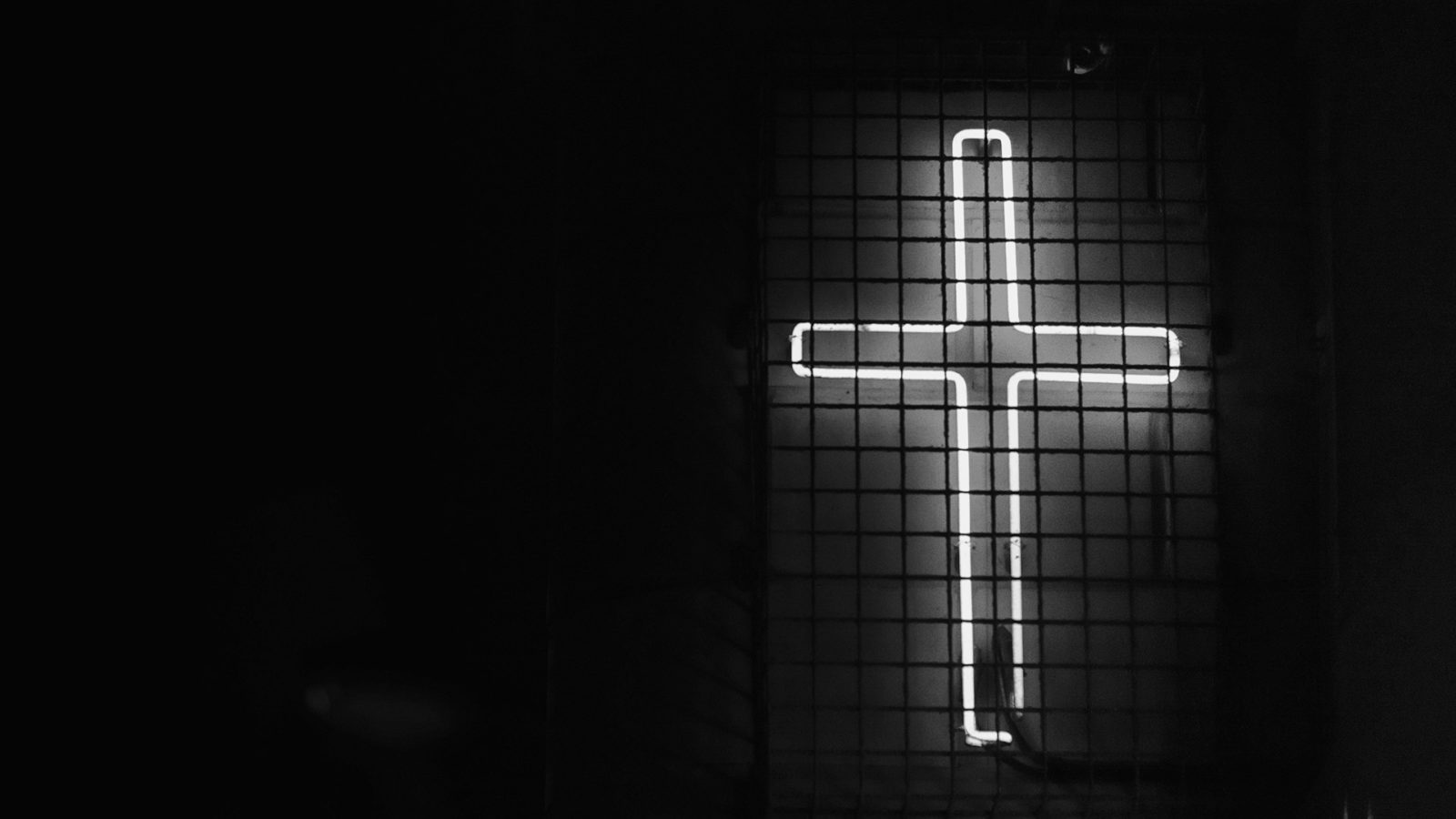Holy Week: Friday
Jesus stood on trial before the Roman Prefect Pontius Pilate. Having examined the evidence, Pilate found no reason to condemn Jesus, but the cries of the crowd were demanding. So Pilate invoked an annual custom in an attempt to get Jesus off the hook.

He brought another prisoner before the crowd – a man named Jesus Barabbas – and he let the crowd choose which of the two should be set free. Barabbas had been condemned to death for plotting to overthrow Rome through a violent uprising. Whereas Jesus had been found innocent of every false accusation that had been brought against him.
But what should have been an easy choice took an unexpected twist:
‘The chief priests and the elders persuaded the crowd to ask for Barabbas and to have Jesus executed. “Which of the two do you want me to release to you?” asked the governor. “Barabbas,” they answered. “What shall I do, then, with Jesus who is called the Messiah?” Pilate asked. They all answered, “Crucify him!” “Why? What crime has he committed?” asked Pilate. But they shouted all the louder, “Crucify him!”’ (Matthew 27: 20-23)
Put yourself in the shoes of Barabbas. Imagine what it must have felt like to be guilty and to know it; to expect punishment and be let off. Imagine the relief he must have felt as the crowd cried his name and Pilate set him free.
Now imagine the confusion and wonder he must have felt as he looked at the man beside him. Barabbas knew revolutionaries, and it was clear that Jesus was not one! So how could it be that this innocent man would die in the place of a guilty one?
Matthew tells us that both parties on trial shared a name: Jesus the Messiah and Jesus Barabbas. The name Barabbas means “Son of the Father” (Bar = Son of. Abba = Father). So given a choice between two Jesuses, the crowd made the wrong decision, sending the true “Son of the Father” to the cross.
We don’t know what happened to Barabbas. We don’t know what he made of his freedom; whether he reformed or went back to his previous lifestyle. We can only speculate on how he felt about this experience. But his pardoning, and Jesus’ death on his behalf, is a powerful picture of what the Bible says is true of us all.
‘He was pierced for our transgressions, he was crushed for our iniquities; the punishment that brought us peace was on him, and by his wounds we are healed. We all, like sheep, have gone astray, each of us has turned to our own way; and the Lord has laid on him the iniquity of us all’ (Isaiah 53:5-6)
The scandal of Barabbas’ acquittal is the scandal of Easter. The innocent Christ is punished and guilty people are set free. The true Son is sacrificed so that we might become sons and daughters of God.



